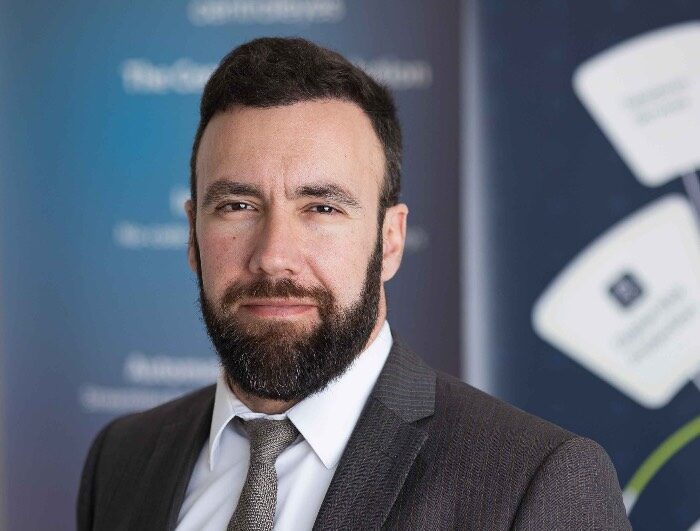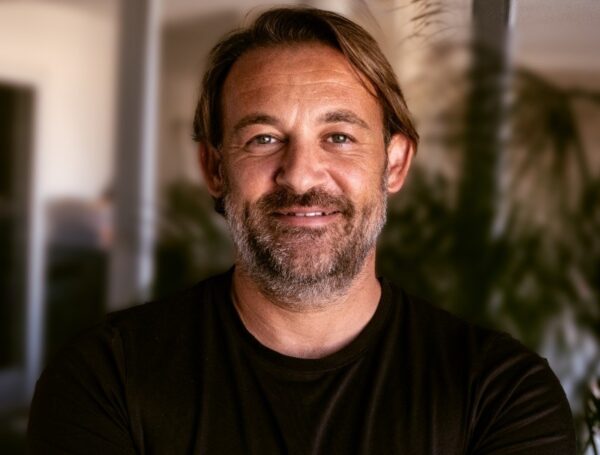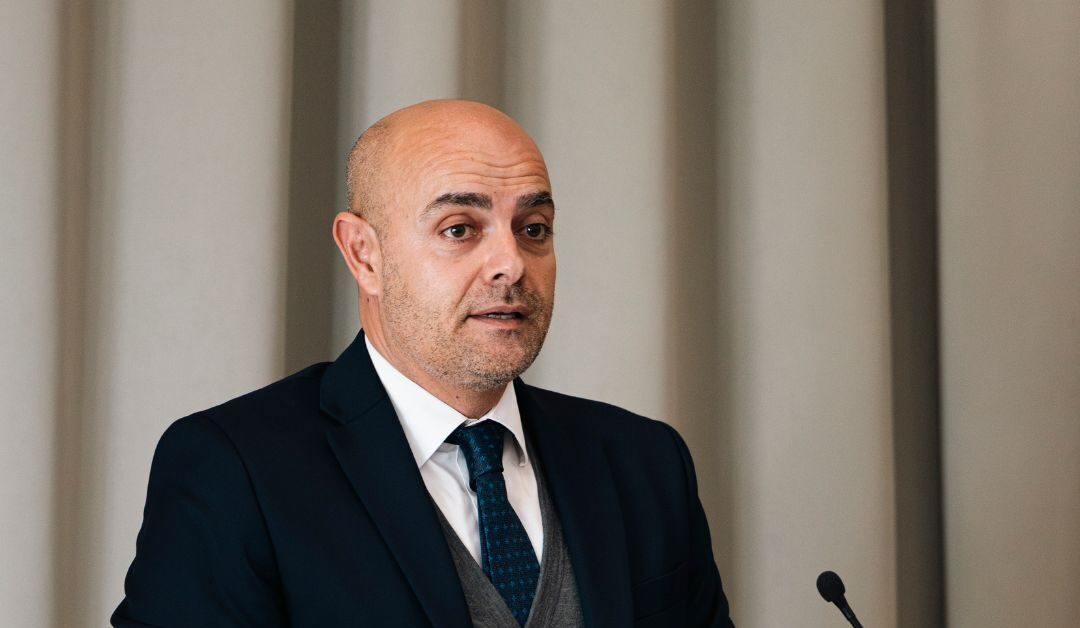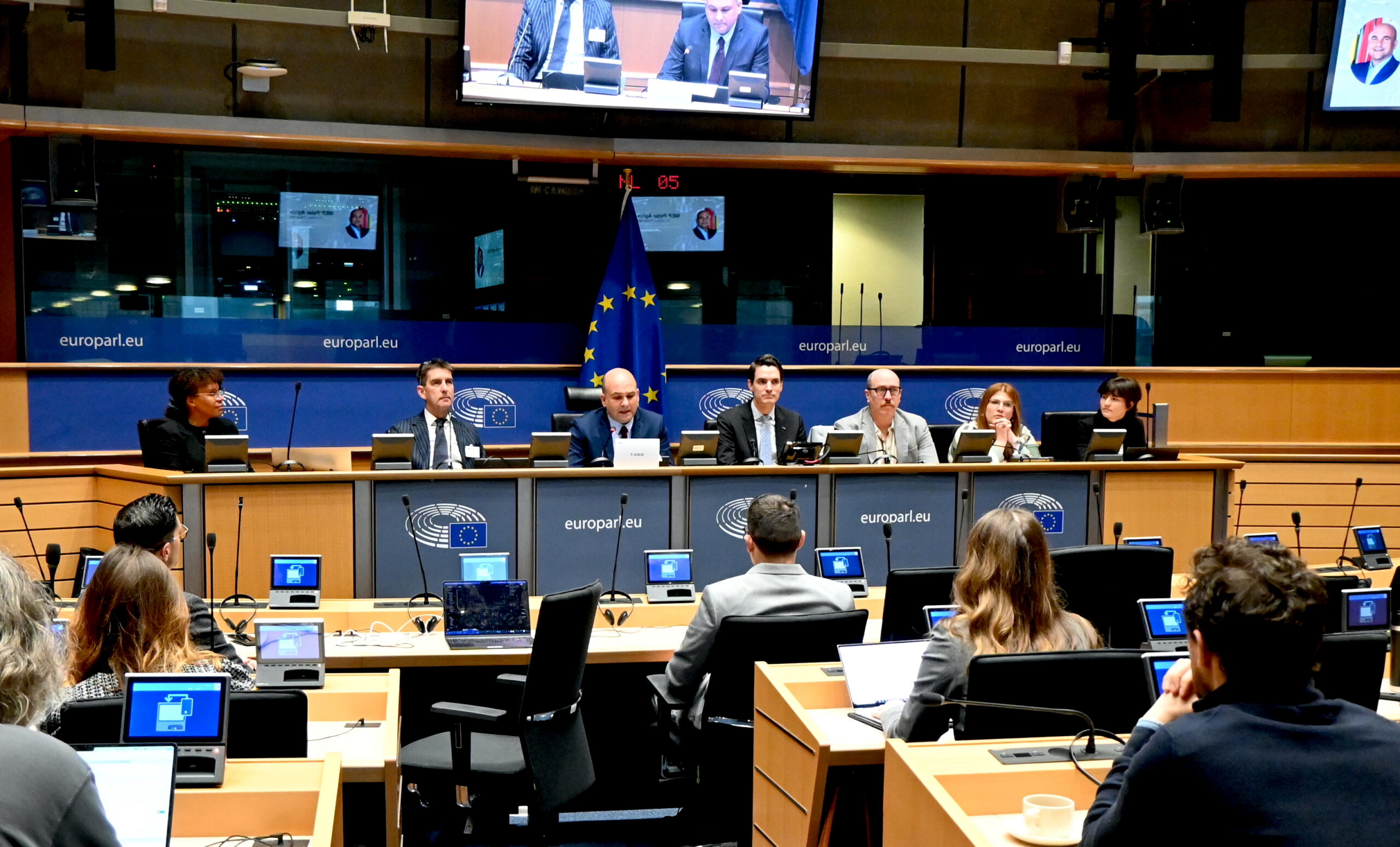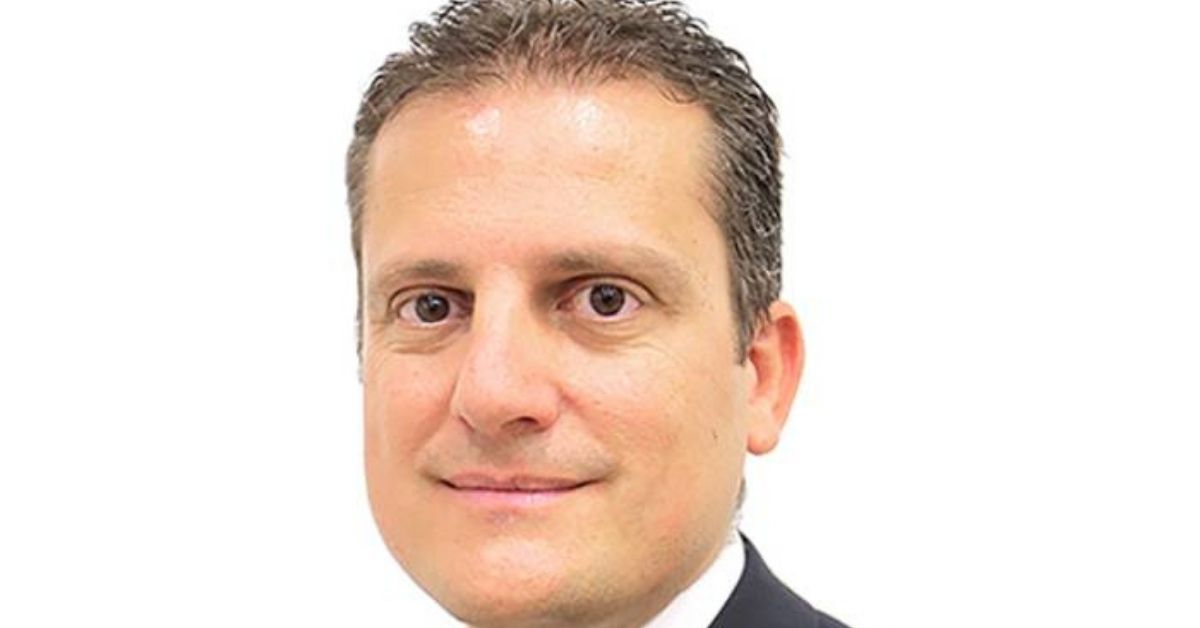Much has been said about employees’ return to the office in a post-pandemic scenario, with many referring to the last year as ‘the great remote working experiment’.
Business leaders have clashed on the best scenario moving forward, with some heeding lessons learned from the pandemic and adopting long-term remote working practices, and others yearning for a return to the ‘normality’ of the office scenario. Others still have championed various hybrid models, in which employees split their working hours between work and home.
In truth, both have their pros and cons from a business point of view, but there are other aspects to consider.

Speaking out in favour of remote working, HR professional Joseph Farrugia considers the local traffic scenario, making a case for working from home as a means of saving time.
“How would you spend 21 days extra in any calendar year?” he asks, arguing that two hours of ‘wasted time’ saved each day – such as time wasted in traffic – actually results in 21 extra days in a year.
Based on this assessment, the Founder and Director of StreetHR, a company providing the full spectrum of Human Resource services including recruitment, HR outsourcing, customer experience and tailor-made training solutions, believes that Government should incentivise remote working in the upcoming budget.
“If employers are incentivised to keep people at home especially in rush hours, we will start achieving greater environmental results and higher productivity. A simple corporate ‘tax credit’ or ‘tax-cut’ for providing proof of teleworking will go a long way,” he comments, raising an interesting argument.
‘A necessary growing pain’: MIA CEO Alan Borg on airport expansion
He said the investment is necessary if MIA is to remain among Europe’s leading airports
BNF appoints new Chief Financial Officer and Chief Banking Officer
Nadia Miceli promoted to Chief Financial Officer, while Stewart Carvil appointed Chief Banking Officer
‘Cyber resilience isn’t about ticking boxes’: Malta and EU cybersecurity leaders convene in Brussels
Daniel Thompson-Yvetot, CEO of CrabNebula and co-founder of Comply.Land, warned that businesses risk being overwhelmed.
John Bonello Ghio appointed Chief Commercial Officer of Simonds Farsons Cisk
He has been tasked with driving growth across all commercial functions, strengthening market presence and leading brand and customer strategies.




